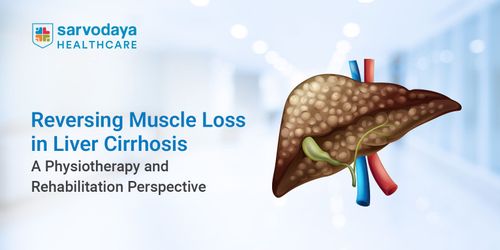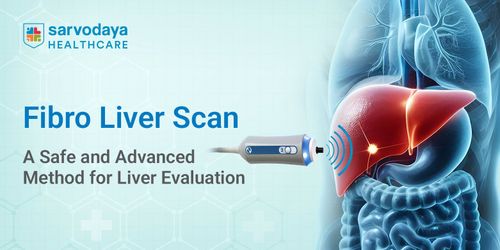Chronic Fatigue Syndrome (CFS) is a complex condition characterised by extreme, persistent fatigue that does not improve with rest and is not directly caused by any underlying medical condition. It can be overwhelming, impacting daily activities, social interactions, and overall quality of life, causing a range of other symptoms, including muscle pain, headaches, sleep disturbances, and cognitive difficulties.
Given the multifaceted nature of CFS, treatment approaches are carefully tailored to each individual's needs. Physiotherapy is one such approach that can play a pivotal role in managing symptoms, improving function, and enhancing the overall quality of life for individuals with CFS.
The Role of Physiotherapy in CFS Management
The primary goals of physiotherapy in CFS management include pain reduction, improved function, energy conservation, and stress reduction. These goals are achieved through a variety of interventions tailored to the individual's specific needs and limitations.
1. Pain Management
Pain is a common symptom of CFS, often presenting as muscle and joint pain. Physiotherapy can help manage this pain through gentle exercises and manual therapy. Techniques such as soft tissue mobilization, massage, and joint mobilization can reduce pain and discomfort, promoting relaxation and improving overall well-being.
2. Improved Function
One of the significant challenges for individuals with CFS is maintaining daily function and mobility. Physiotherapists work with patients to gradually increase their activity levels, focusing on improving strength, flexibility, and endurance. This is done through a carefully monitored and progressive exercise program that takes into account the patient's tolerance levels.
3. Energy Conservation
Energy conservation is a critical aspect of managing CFS. Physiotherapists teach patients techniques to manage their energy levels effectively. Strategies such as pacing, prioritising tasks, and using assistive devices when necessary can help patients manage their energy more effectively and reduce the impact of fatigue on their daily lives.
4. Stress Reduction
Stress is a known trigger for symptom flare-ups in CFS, making stress management an essential component of treatment. Physiotherapy can help patients develop relaxation techniques such as diaphragmatic breathing, progressive muscle relaxation, and meditation.
Physiotherapy Interventions
The interventions used in physiotherapy for CFS are designed to be gentle and adaptable to the patient's current level of function and tolerance. Some of the most common interventions include:
- Gentle Exercise: Low-intensity aerobic exercises, such as walking, cycling, or swimming, can improve cardiovascular fitness without overtaxing the patient's energy reserves.
- Manual Therapy: Techniques such as soft tissue mobilization, massage, and joint mobilisation can help reduce pain and stiffness, promoting relaxation and enhancing the patient's overall sense of well-being.
- Postural Education: Proper posture and body mechanics can help reduce muscle strain, conserve energy, and prevent unnecessary fatigue. Physiotherapists work with patients to improve their posture during daily activities, which can have a significant impact on their overall comfort and function.
- Breathing and Relaxation Techniques: Diaphragmatic breathing, progressive muscle relaxation, and meditation can help manage stress, promote relaxation, and improve sleep quality.
Benefits of Physiotherapy for CFS
Physiotherapy, when done correctly, offers numerous benefits for individuals with CFS:
- Improved Function and Mobility
- Reduced Pain and Fatigue
- Enhanced Energy Levels
- Improved Sleep Quality
- Increased Confidence and Participation in Daily Activities
Physiotherapy, with its gentle and individualized approach, can be a valuable tool in the management of Chronic Fatigue Syndrome. By focusing on pain management, improved function, energy conservation, and stress reduction, physiotherapy can help individuals with CFS manage their symptoms, improve their quality of life, and regain a sense of control over their condition.
The Centres for Physiotherapy at Sarvodaya Hospital, Faridabad and Greater Noida West are backed by highly experienced physiotherapists and modern technical modalities that help patients restore painless movements post-injuries or chronic conditions. The rehabilitation facilities are available for people of all ages, with dedicated therapists for the physiotherapy of children. Live a painless life and get the freedom to do all movements by consulting with our physiotherapists.





























